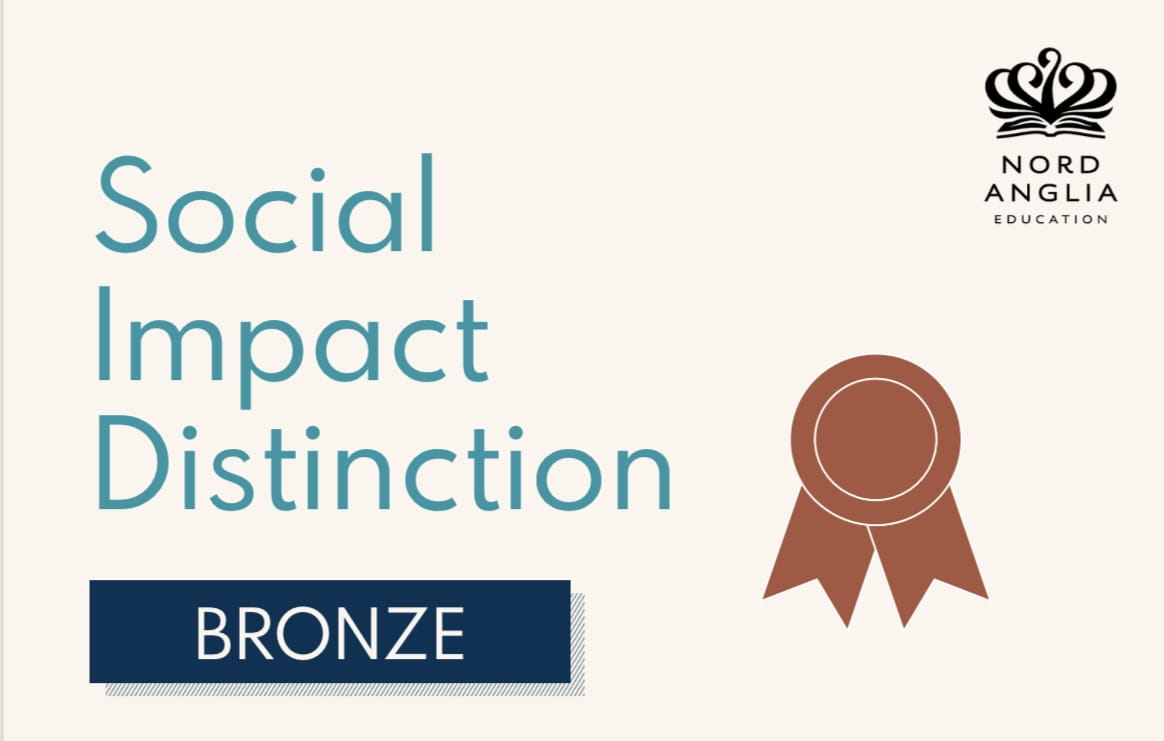At Regents, our partnership with Apple fosters innovation in learning technology, which we use as a tool to enhance and transform education, creating the leaders of tomorrow. However, what are the cognitive costs of screen-based learning, and how can we support students both in and out of the classroom?
As we further integrate digital devices into our classrooms, it’s important to reflect on their impact, especially for our students with learning needs like dyslexia, ADHD and autism. While technology offers great advantages, recent research highlights concerns that we, need to consider. For instance, studies suggest that reading from paper is associated with deeper comprehension and retention compared to reading from a screen (MacArthur, 2024). So, how can we balance the benefits of technology with the proven strengths of traditional learning?
Challenges with Working Memory and Processing
The Importance of Multisensory Learning
We know that hands-on, multisensory approaches work wonders for our students who need that extra reinforcement. For example, those with dyslexia benefit from tactile learning combined with auditory support (Klatte et al., 2020). Sadly, screens don’t offer the same level of sensory engagement. By relying too much on digital tools, we may limit how effectively these students absorb information.
Screen Fatigue
We’ve all seen the effects of too much screen time in our students: eye strain, tiredness, and cognitive overload. This is particularly challenging for learners with additional needs, as they struggle to stay focused. Paper-based learning can give them the mental and physical break they need while allowing them to engage with content in a more relaxed, distraction-free manner (MacArthur, 2024).
Finding the Right Balance
While digital tools are here to stay, and offer real benefits, our students still need traditional, tactile experiences to thrive. Let’s remember that balancing both methods is crucial to supporting their overall development.
Implementing the EEF '5 a Day' Principle
Here’s how we can apply the EEF '5 a Day' approach to ensure children get the best of both worlds:
-
Plan for Collaboration: Digital learning can isolate students. Let’s encourage more peer interaction and guided support to reduce cognitive overload.
-
Prioritise High-Quality Instruction: It’s essential that we keep digital materials focused and clear, especially for students who need extra sensory input.
-
Adapt to Student Needs: We know screens can’t provide everything. Let’s make sure we balance their use with tactile activities that help our diverse learners.
-
Provide Clear, Focused Feedback: In a digital world full of distractions, feedback needs to be easily accessible and structured to help students stay on track.
-
Maximise Practice Opportunities: Repetition is key, particularly for subjects like phonics or reading. We should ensure hands-on practice complements any digital work.

By taking these small steps, we can create a more balanced learning environment that works for all our students, especially those who need extra support. Let’s continue to reflect on how we can adapt our teaching to meet the needs of our diverse learners and ensure they thrive, both on and off the screen.
Learning support services are an integral part of the inclusion department at Regents International School Pattaya. The inclusion team works collaboratively with classroom teachers to ensure students receive the support they need to access the curriculum and tailor their academic journey to success.
Find out more by getting in touch at admissions@regents-pattaya.co.th
References
-
MacArthur, John R. “A groundbreaking study shows kids learn better on paper, not screens. Now what?" The Guardian, 17 Jan. 2024.
-
Delgado, Pablo, et al. "Don't Throw Away Your Printed Books: A Meta-Analysis on the Effects of Reading Media on Reading Comprehension." Educational Research Review, vol. 25, 2018, pp. 23-38.
-
Klatte, Maria, et al. "Effects of Learning on Digital vs. Physical Media in School-Aged Children with Learning Disabilities." Journal of Educational Psychology, vol. 112, no. 4, 2020, pp. 632-645.
-
Education Endowment Foundation (EEF). “The EEF 5-a-day Principles.” EEF, https://educationendowmentfoundation.org.uk. Accessed [25.09.2014].


.jpg?h=934&iar=0&w=1400&rev=879246ef13924f99a3a5012edcd123ef&hash=5EE9A01E39D9A6125A6400A57CD21791)

